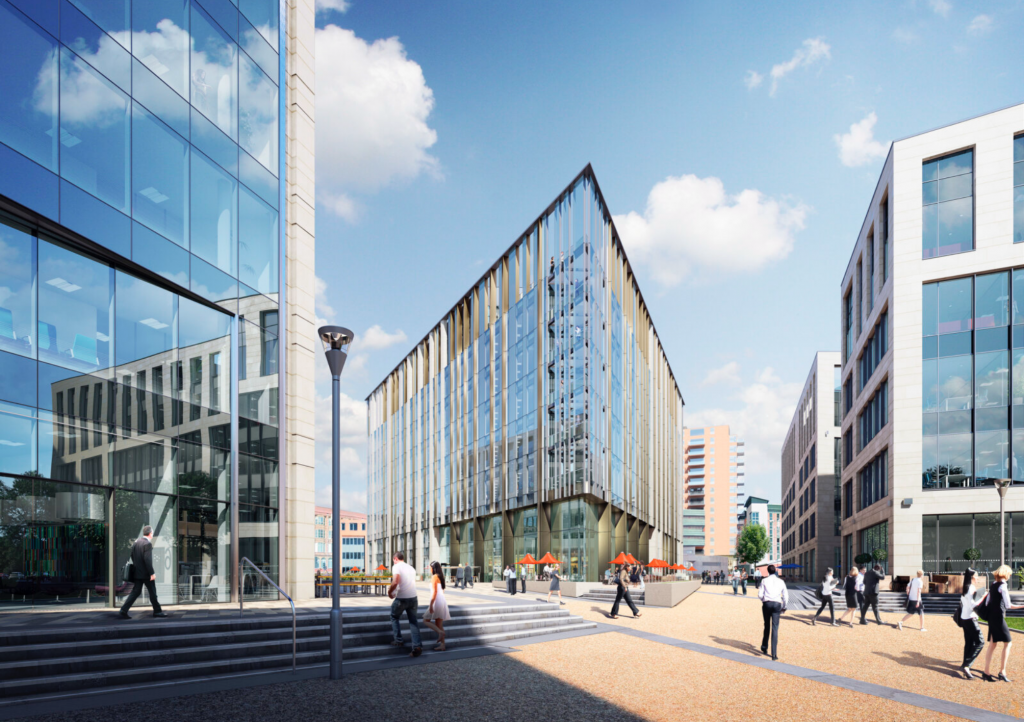Architect's ethics – designer rules
Double meaning
On the one hand, the basic and formal principles of an architect's work are explicitly specified in law. The Code of Professional Ethics for Architects was developed by Poland's Chamber of Architects (IARP) based on a draft document of the Council of European Architects. The paper assumes that architects and all entities that may be involved should, in addition to the highest level of service and professionalism, engage in the development of culture and environment - sharing their knowledge and experience.
In the following sections, the authors of the code emphasize the importance of responsibility for society. The aspect of not joining "ethically questionable" projects is also important. Additionally, an architect is a profession of public trust.
However, this is not the full extent of the meaning of ethics and responsibility of designers. In the fullest sense, it is about the impact on the life of future generations, progressing climate change and the negative impact of man on the planet. Each of Dr Piotr Żabicki's interlocutors during Future Builders 2021 referred to morality and ethical principles that guide them in their professional life.

Different approaches – similar ideas
Moral rules are the basis for creating the human living environment, and the surrounding architecture. Robert Konieczny - the first guest spoke about the importance of designing green spaces and buildings that do not produce greenhouse gases (or even bind them in themselves), do not harm the environment and tighten local communities instead of dispersing them. The head of KWK Promes emphasized that in his work he strives for the greatest possible interpenetration of nature with the buildings and the best functionality for people that live there.
Przemo Łukasik do kwestii etycznych odnosił się właściwie podczas całego wywiadu. Współzałożyciel Medusa GrPrzemo Łukasik referred to ethical issues properly throughout the interview. The co-founder of Medusa Group emphasized the importance of long-term design and construction of space not only for today's residents but also for future generations. The implementation should not be determined by the economic aspect, but by how the project will function over several dozen years. He added that the revitalization of existing buildings - instead of building new ones, is a response to the problems of contemporary city architecture. Which should be shaped by people, not developers.
– Revitalization is one of the main tools of responsible design. On so many levels. – he summed up.
O tym, jak ważne jest ratowanie istniejących budynków mówił (między innymi) również kolejny prelegent Future Builders. Zbigniew Maćków uważa, że za jego zawodem idzie misja poprawiania świata i rozwiązywania problemów – czasem nawet tych nieznanych „zwykłym ludziom”, a nawet inwestorowi. Podczas spotkania z dr Piotrem Żabickim The importance of saving existing buildings was also discussed by another Future Builders speaker. Zbigniew Maćków believes that his profession is followed by the mission of improving the world and solving problems - sometimes even those unknown to "ordinary people" and even to the investor. During the meeting with Dr Piotr Żabicki, the head of the Wrocław bureau, Maćków Pracownia Projektowa (MPP), said that, in his opinion, the ideas that an architect should follow in his work are Vitruvian functionality, durability and beauty. According to Maćków, "green" multi-family housing estates are the most ethical, and the future of cities is dense structures, blended in with nature.
Another interlocutor, Alvaro Leite Siza, emphasized that the architect must skillfully weigh loyalty towards the client and investor with responsibility for society and the environment. According to the Portuguese architect and designer, the easiest way to reconcile these needs is through dialogue and education – as broadly as possible.
– The most important thing for me is that everyone should try to create a better space to live in and try to improve the future that awaits us. We must open to the world, treat the environment as a global problem and look for solutions as a community. – said Alvaro Leite Siza.
The last of the speakers - Bogdan Zaha, admitted that he sees modern, geometric forms of design as a chance to meet the problems of contemporary communities. However, he does not believe that the developing technologies will change the face of the architects work but will only improve it. The chief architect of the London office, Zaha Hadid Ltd., talked about the parametric design in contemporary architecture. It allows the designed buildings and interiors to be perfectly adapted to their intended use. It's all about the needs of people who will live in them and the environment that surrounds them.
Not only about ethics
All Future Builders 2021 interviewees, although differently, spoke about the same ideas and moral indicators that guide them in their work. You can watch the interviews on the Future Builders home page and the official Aluprof channel on YouTube. They are also available as a podcast on the official Future Builders channel on Spotify.
The "Future Builders" platform was created by the leader of the aluminium joinery industry, Aluprof SA, and is a place to exchange opinions of leading Polish and foreign architects who work on progressive, international projects. Creating the world we live in – every day. More information about the speakers from 2021 is available at https://future-builders.com/pl/ and the manufacturer's website: https://aluprof.com.
